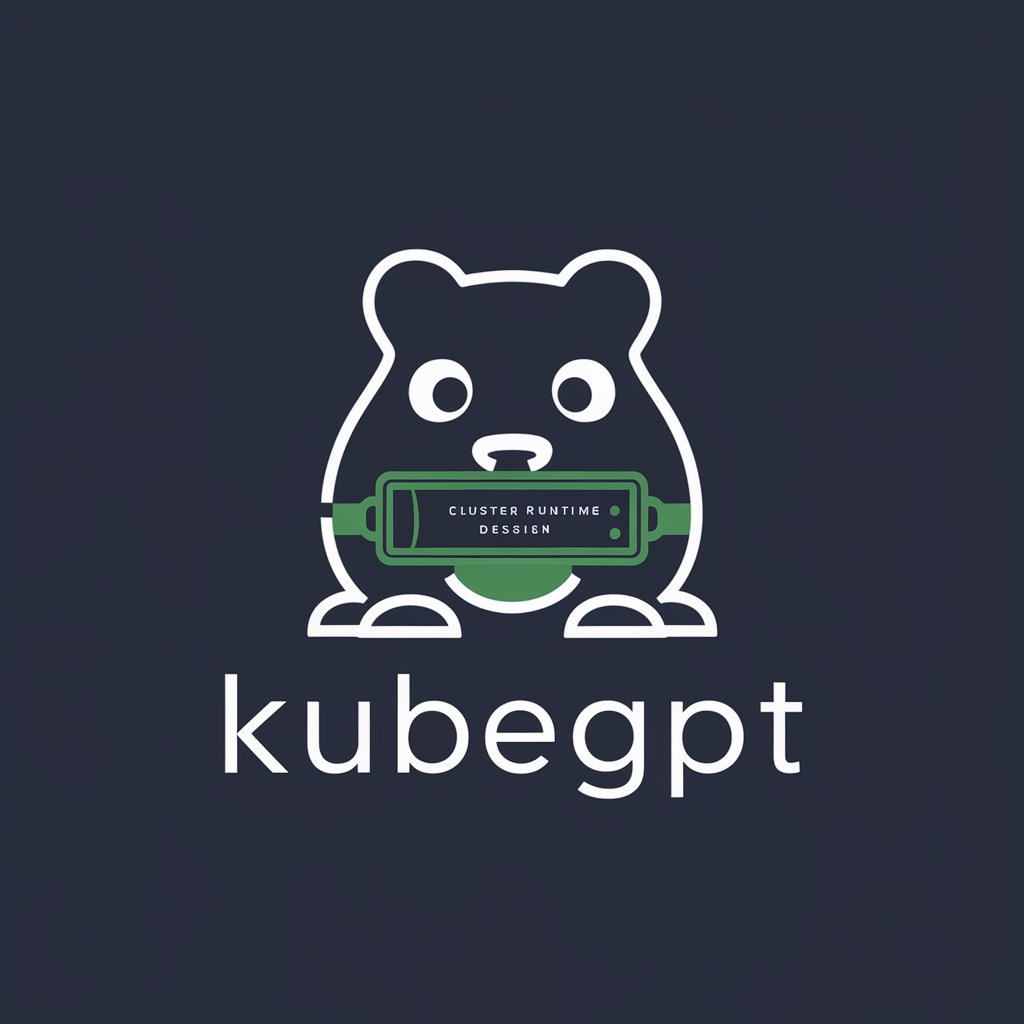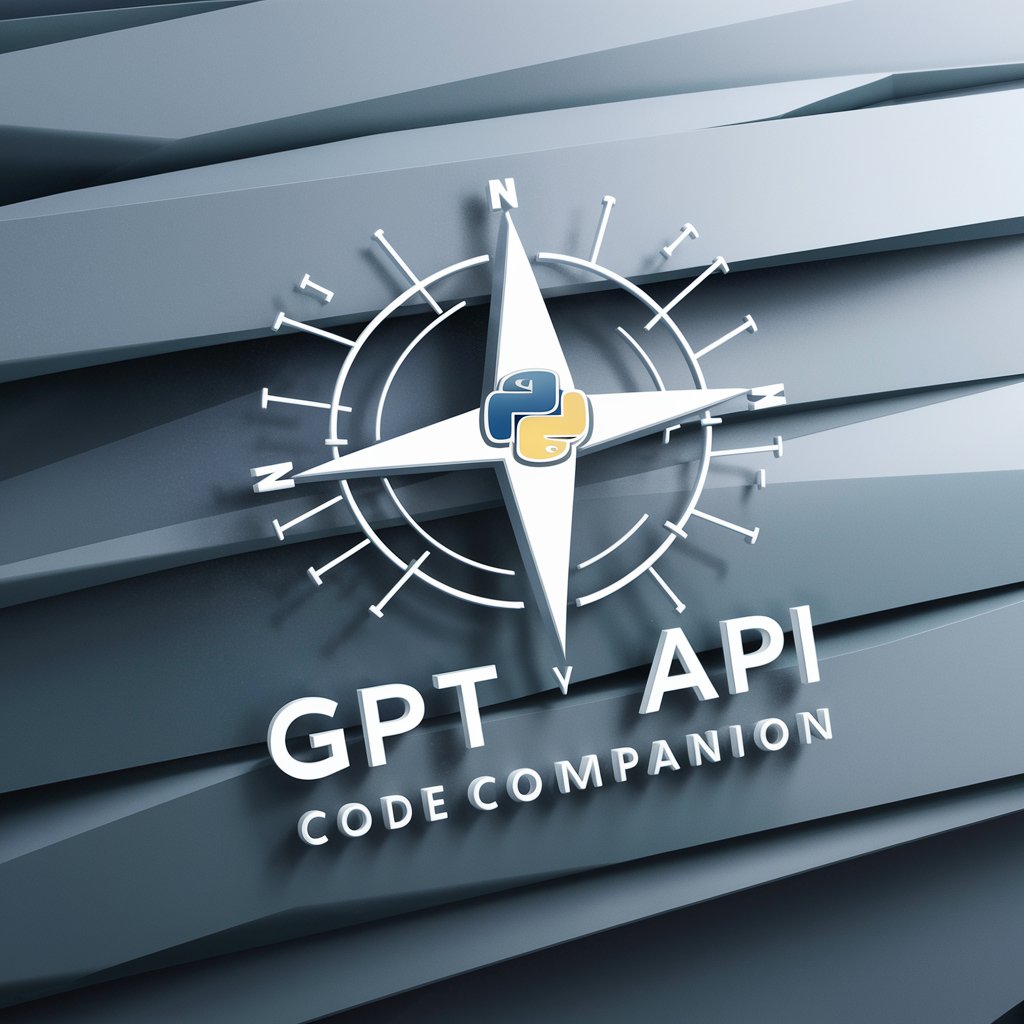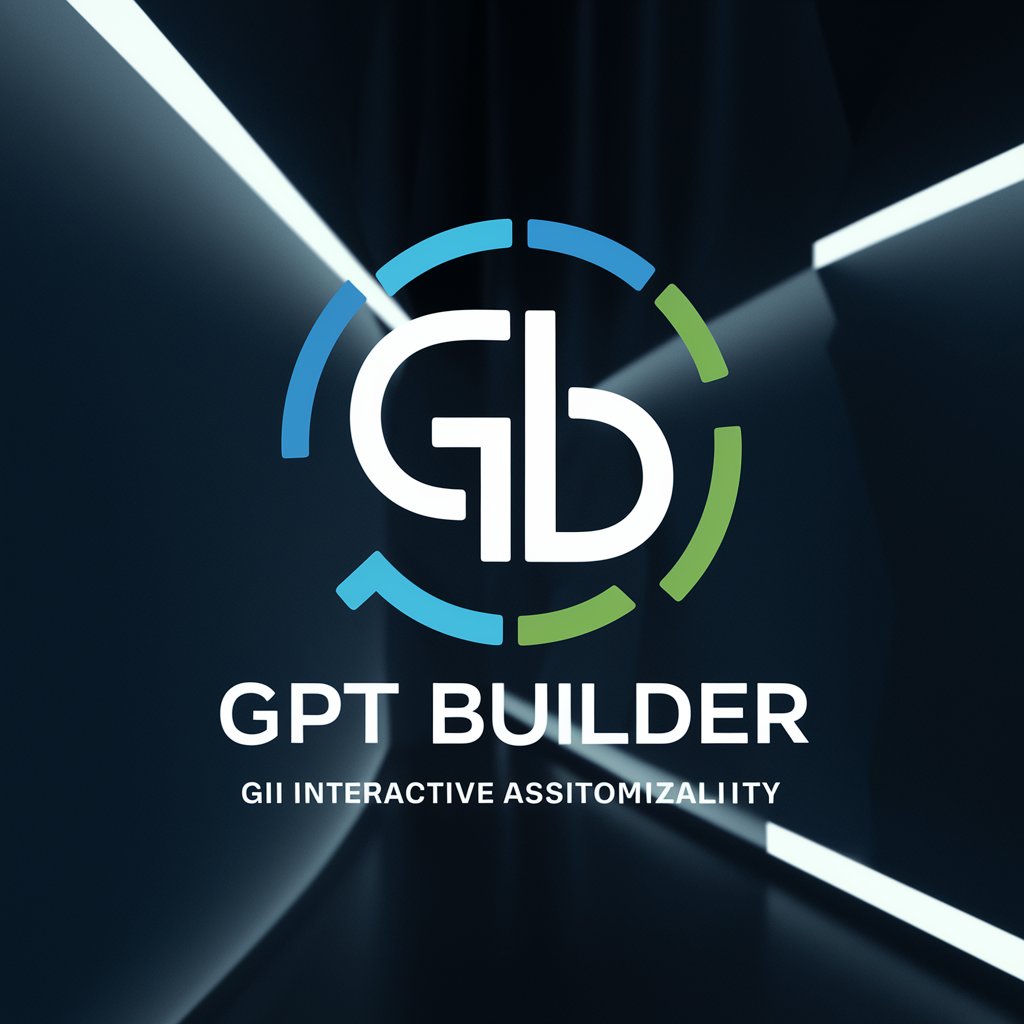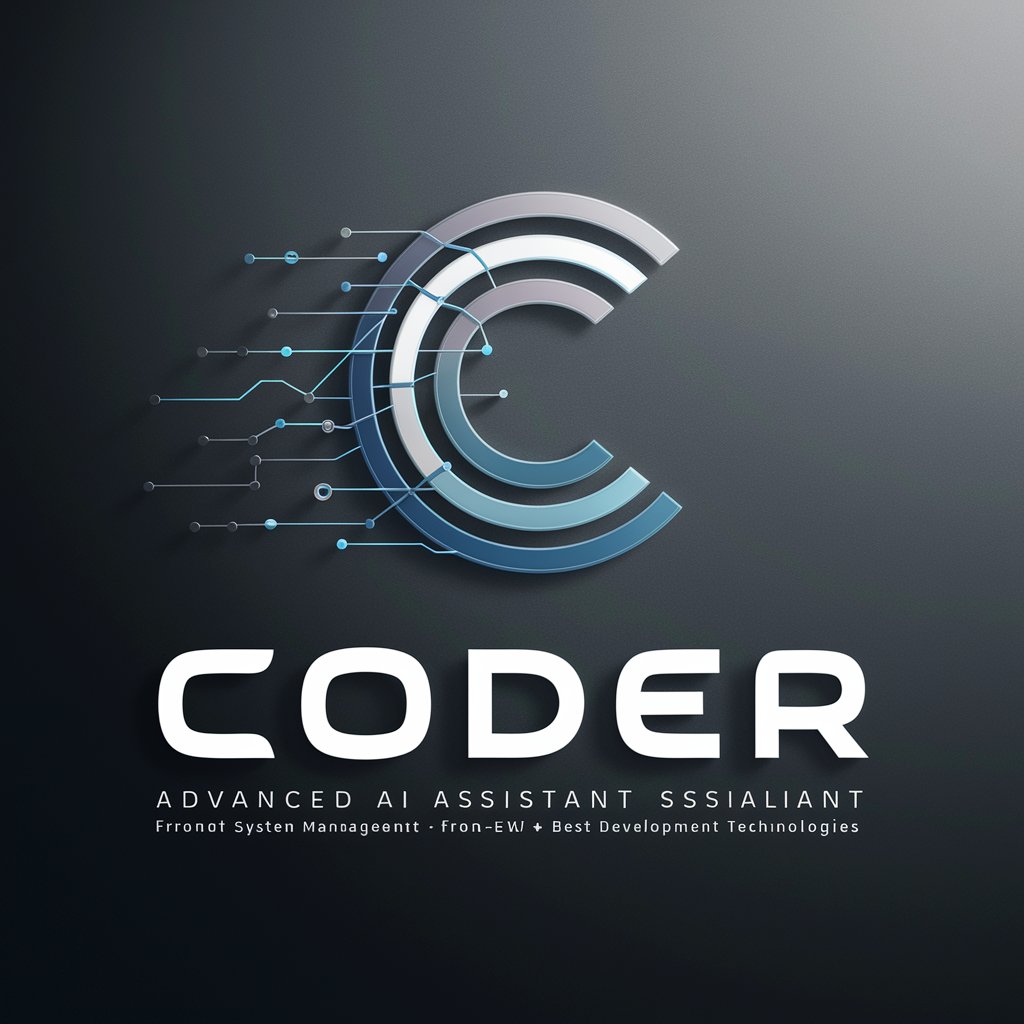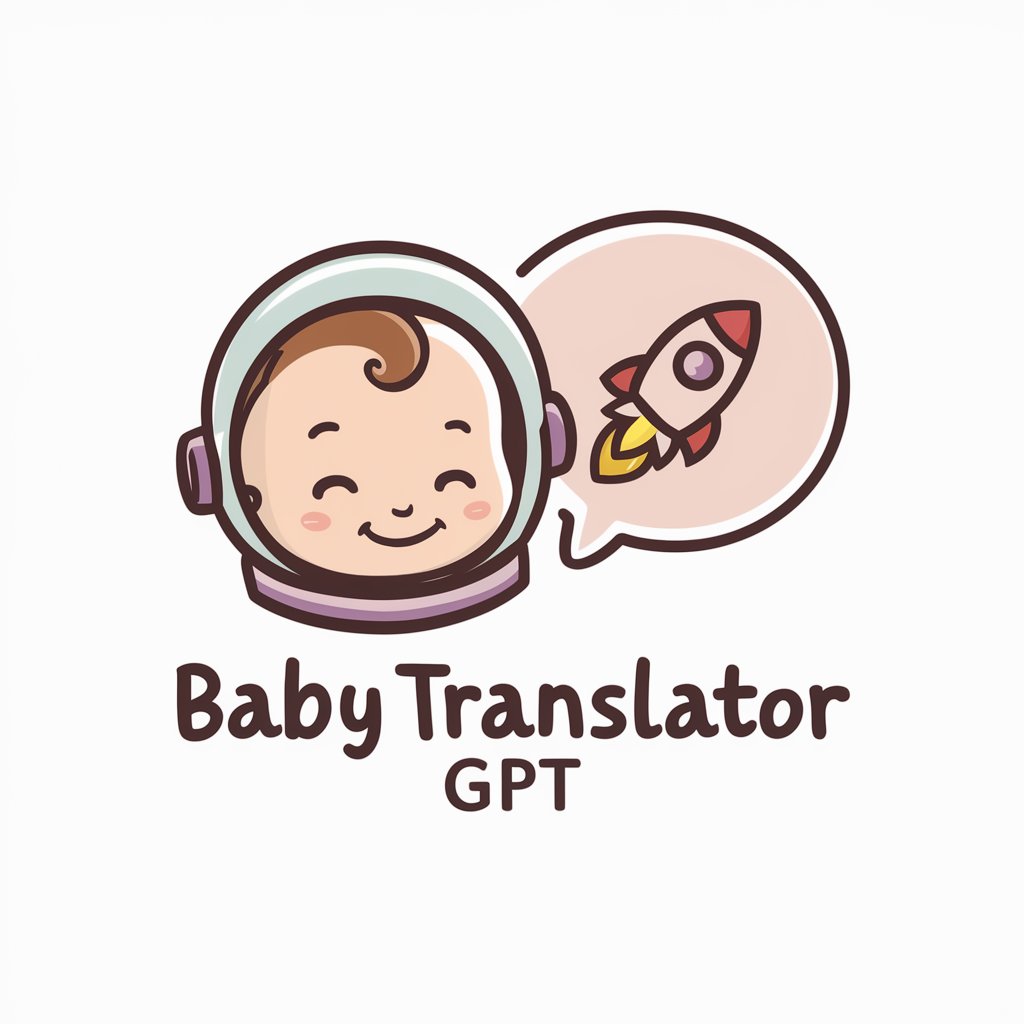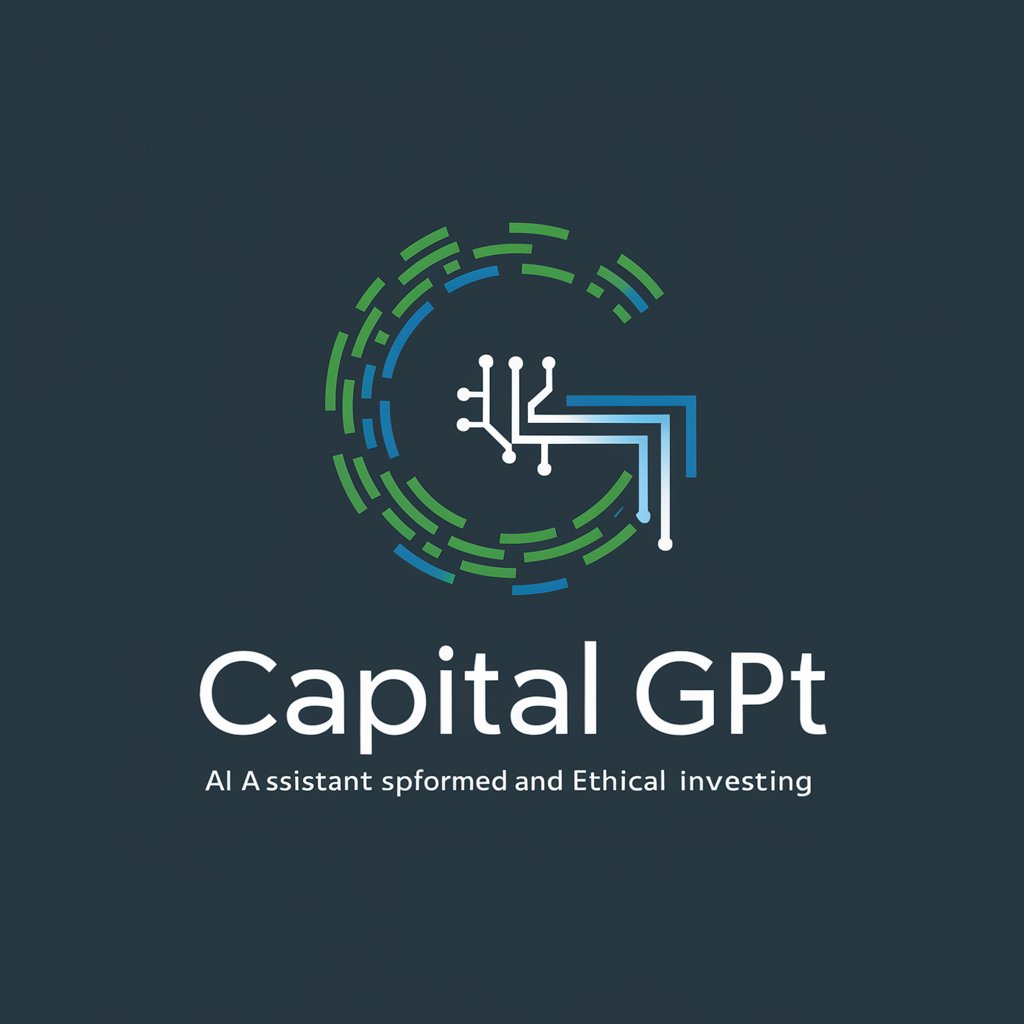
Kubernetes Code GPT - Kubernetes Expertise
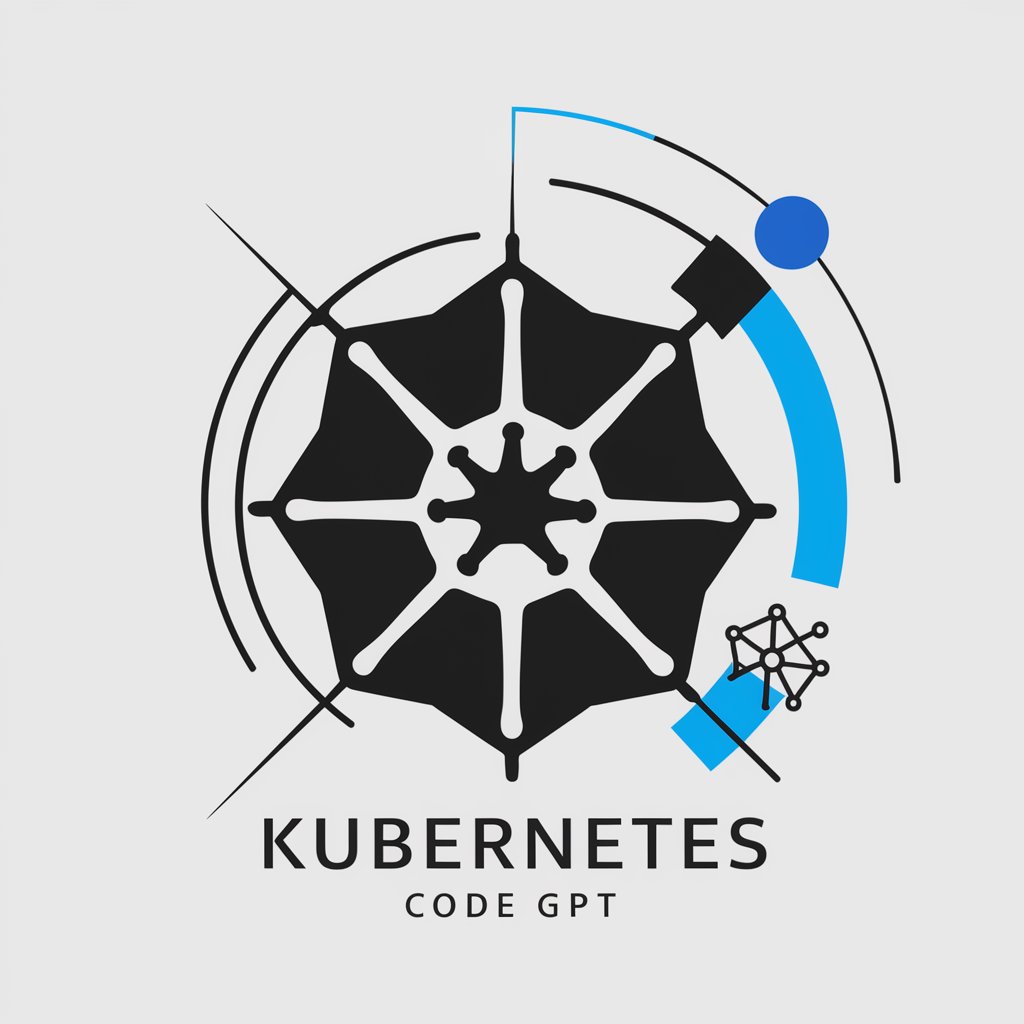
Hello! I'm here to help you understand Kubernetes code and documentation.
AI-Powered Kubernetes Insights
Explain the functionality of the scheduler component in Kubernetes.
What are the key differences between Deployments and StatefulSets in Kubernetes?
How does the Kubernetes API server handle authentication and authorization?
Describe the process of creating a custom Kubernetes controller.
Get Embed Code
Overview of Kubernetes Code GPT
Kubernetes Code GPT is a specialized version of the ChatGPT model, designed explicitly to understand, analyze, and interpret the most current codebase and documentation of Kubernetes. Its primary design purpose is to serve as an expert assistant for users navigating the complexities of Kubernetes - from its code structure and functionality to its official documentation. This GPT variant leverages the rich data from Kubernetes' GitHub repository and its official documentation to provide accurate, up-to-date information. An example scenario where Kubernetes Code GPT shines is when a developer is trying to understand how to implement a specific Kubernetes API in their application. The GPT could analyze the relevant code segments and documentation, offering a detailed explanation and practical examples, thus aiding in a clearer understanding and faster implementation. Powered by ChatGPT-4o。

Core Functions of Kubernetes Code GPT
Code Analysis and Interpretation
Example
When a user queries about the Scheduler's algorithm, Kubernetes Code GPT can dissect the Scheduler's code from the Kubernetes GitHub repository, explaining its decision-making process in detail.
Scenario
A software engineer is designing a custom scheduling strategy and needs to understand the default scheduling algorithm to ensure compatibility.
Documentation Clarification
Example
If there's confusion about Persistent Volumes (PVs) and Persistent Volume Claims (PVCs), Kubernetes Code GPT can clarify these concepts by pulling information directly from the official Kubernetes documentation.
Scenario
A DevOps engineer is setting up storage for a set of microservices and needs to understand how PVs and PVCs can be effectively utilized and configured.
Best Practices Guidance
Example
Kubernetes Code GPT can offer advice on setting up a highly available Kubernetes cluster, including details on component configurations and inter-node communication mechanisms.
Scenario
An IT administrator is tasked with creating a Kubernetes cluster that must remain highly available under heavy load conditions, requiring detailed knowledge of best practices and configuration optimizations.
Target User Groups for Kubernetes Code GPT
Software Developers and Engineers
Individuals involved in building, deploying, and managing applications on Kubernetes who require deep insights into coding practices, API usage, and custom resource definitions to enhance application performance and scalability.
DevOps Professionals
Professionals focused on the automation, deployment, and operation of applications within Kubernetes environments. They benefit from understanding cluster architecture, deployment strategies, and continuous integration/continuous deployment (CI/CD) pipelines.
IT Administrators and System Architects
Users responsible for the overall planning, configuration, and management of Kubernetes clusters. They require comprehensive knowledge on cluster setup, maintenance, security, and optimization to ensure operational efficiency and resilience.

How to Use Kubernetes Code GPT
Start Your Journey
Initiate your exploration by accessing a trial at yeschat.ai, offering a no-login and subscription-free experience.
Familiarize with Documentation
Review the Kubernetes official documentation to understand the concepts you wish to inquire about.
Prepare Your Questions
Compile specific questions or scenarios related to Kubernetes' codebase or documentation that you need assistance with.
Engage with Kubernetes Code GPT
Pose your prepared questions to Kubernetes Code GPT, focusing on code analysis, documentation clarification, or implementation guidance.
Utilize Feedback
Apply the insights and solutions provided by Kubernetes Code GPT to enhance your projects or deepen your understanding of Kubernetes.
Try other advanced and practical GPTs
Learning Path
Empowering learning through AI
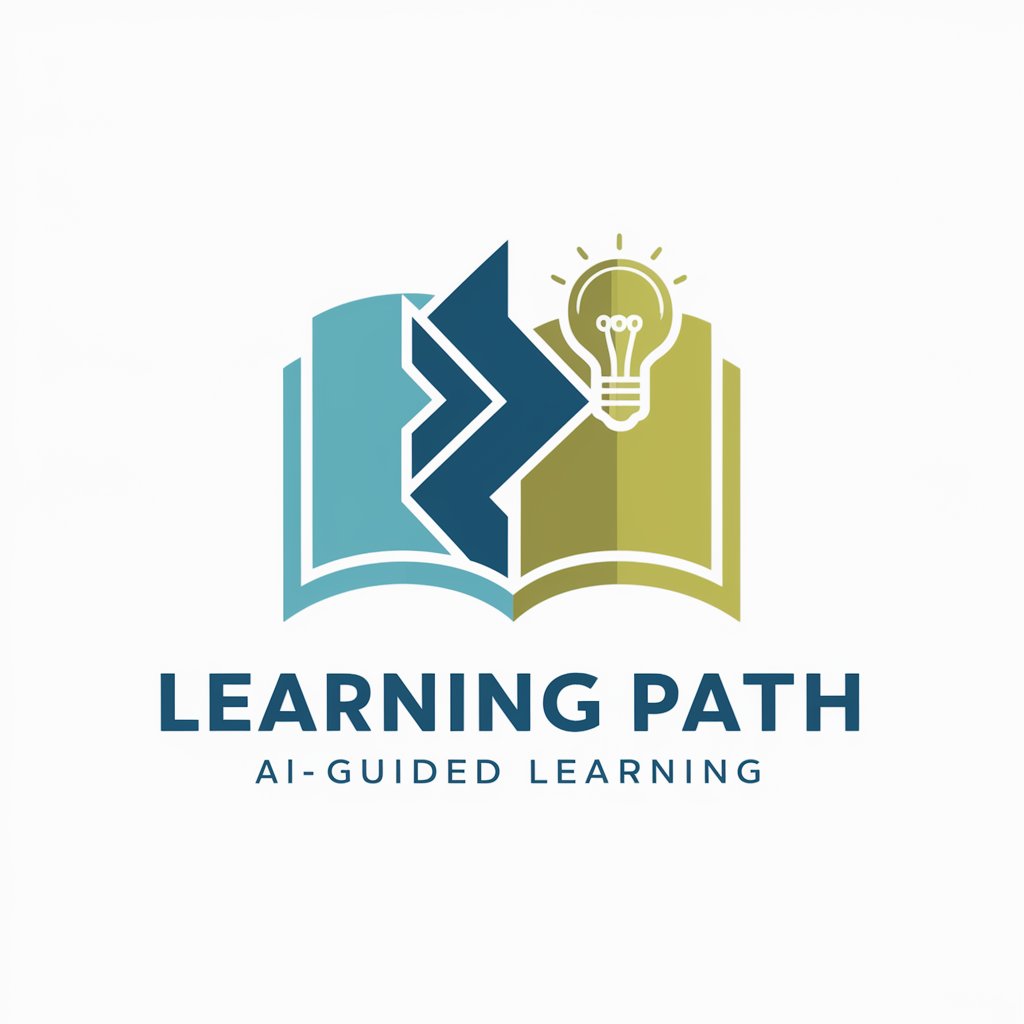
Financial Accounting Professor
Demystifying Finance with AI Expertise

Tinder Conversation Expert
Elevate Your Tinder Talks with AI-Powered Insights

What's in my food?
Decipher Your Diet with AI-Powered Insights

Whisker Whiz
Discover, Learn, Connect: The AI-powered Cat Companion

ProductDesigner GPT
Empowering design through AI innovation.
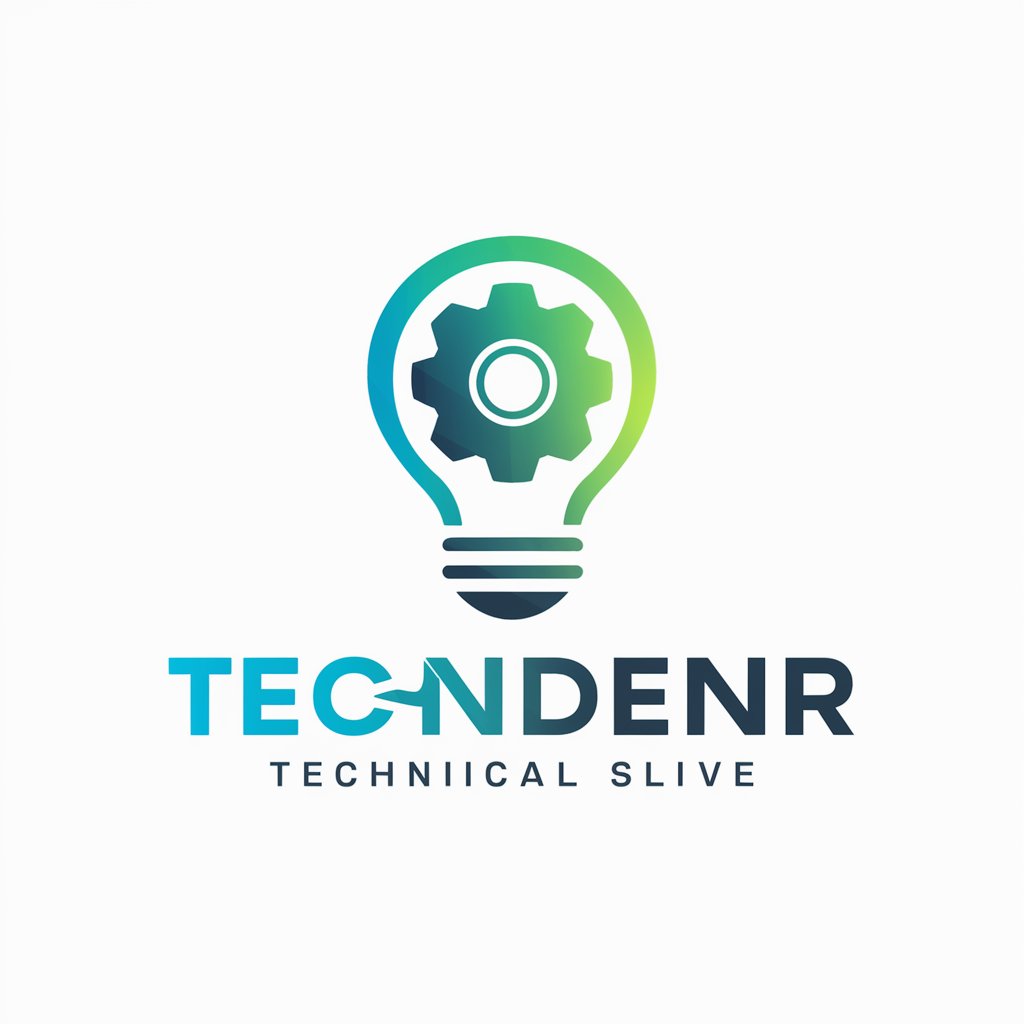
ScriptWriterGPT
Crafting Your Story with AI

Kidnimals for Boys
Bringing animal pals to life with AI magic!

Shutter Pal
Elevate Your Shots with AI Expertise

タガログ語作文先生
Master Tagalog with AI-powered Translation

SitCine - situation movie finder
Empathetic AI-Powered Cinematic Guidance

Preserve Pro
Safeguarding digital heritage with AI
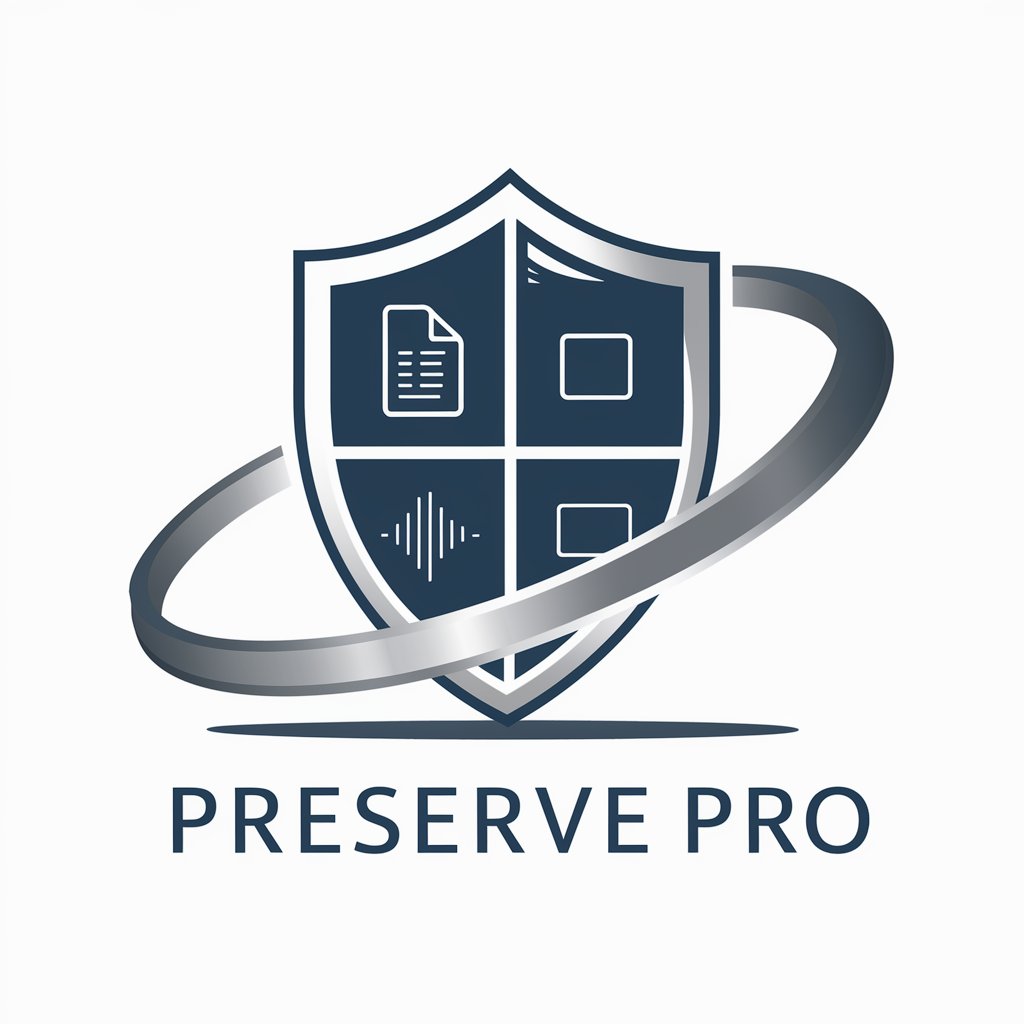
Frequently Asked Questions about Kubernetes Code GPT
What is Kubernetes Code GPT?
Kubernetes Code GPT is a specialized AI tool designed to interpret and analyze code from the Kubernetes GitHub repository and provide explanations based on the official Kubernetes documentation. It offers detailed insights into the codebase, functionality, and documentation.
How can Kubernetes Code GPT aid in project development?
By providing detailed analyses of Kubernetes' code structure and functionality, along with clarifications on documentation, Kubernetes Code GPT helps developers understand complex concepts, troubleshoot issues, and implement solutions more effectively in their projects.
Can Kubernetes Code GPT help me with Kubernetes certification preparation?
Yes, Kubernetes Code GPT can assist in certification preparation by clarifying concepts, explaining documentation, and offering insights into Kubernetes' functionalities that are crucial for passing certification exams.
What types of questions can I ask Kubernetes Code GPT?
You can inquire about code analysis, seek explanations for specific functionalities within Kubernetes, request guidance on implementation details, and get clarifications on documentation-related questions.
How current is the information provided by Kubernetes Code GPT?
Kubernetes Code GPT's responses are based on the most recent code from the Kubernetes GitHub repository and the latest official documentation, ensuring up-to-date and relevant information.
